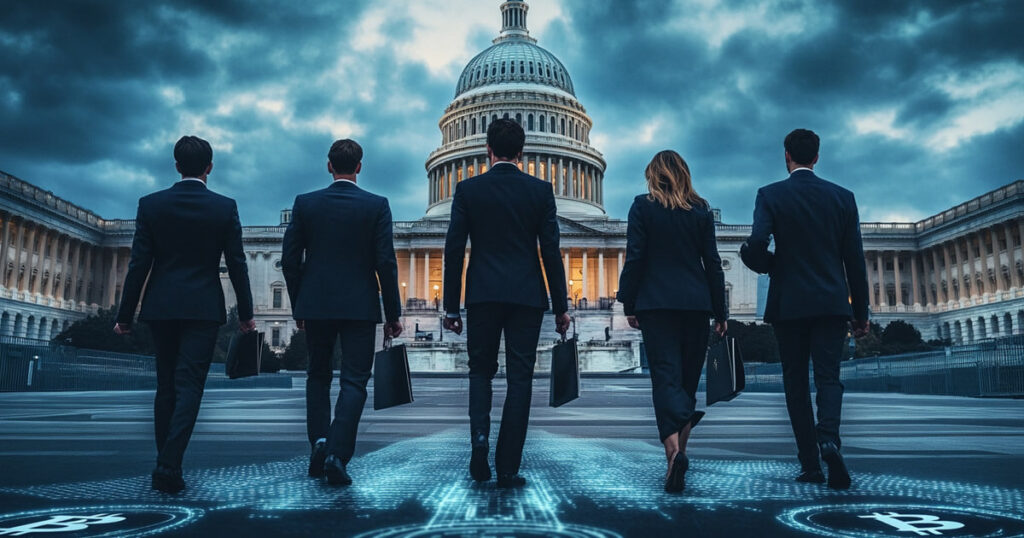A coalition of 34 crypto industry organizations has come together to address a significant concern regarding the Department of Justice’s (DOJ) interpretation of the federal statute governing unlicensed money transmission. In a joint letter to congressional leaders, firms such as Coinbase, Kraken, Uniswap Labs, Ledger, Consensys, Paradigm, and the DeFi Education Fund expressed their unease with the DOJ’s application of 18 U.S.C. §1960 to software developers.
The issue arose with the criminal indictment of Tornado Cash developer Roman Storm in August 2023. Storm was charged under Section 1960, which criminalizes operating an “unlicensed money transmitting business.” This move by the DOJ deviates from long-standing understandings of the law and contradicts guidance issued by the Financial Crimes Enforcement Network (FinCEN), the agency responsible for enforcing the Bank Secrecy Act (BSA).
The heart of the matter lies in the definition of a “money transmitting business” as outlined in both 31 U.S.C. §5330 and 18 U.S.C. §1960. While both statutes define money transmission as transferring funds “on behalf of the public by any and all means,” FinCEN’s 2019 guidance specifically excludes non-custodial software developers from this category. These developers, who do not take possession or control of user funds, should not be considered as operating a money transmitting business.
The coalition argues that the DOJ’s interpretation neglects this guidance and asserts that the definition in §5330 is irrelevant when interpreting Section 1960. This conflicting standard between FinCEN and the DOJ puts developers at risk of facing felony prosecution for simply publishing or maintaining non-custodial blockchain applications.
Developers creating DeFi applications, non-custodial wallets, and other blockchain tools could potentially face legal consequences despite not having control over users’ assets. The organizations stress that true money transmission requires actual possession and control of funds, and without this custody element, the activity should not be classified as such.
If the DOJ does not revise its stance or Congress does not intervene, there may be a chilling effect on open-source development in the US. Developers may hesitate to publish code that could be misconstrued as facilitating money transmission. The coalition’s letter calls on Congress to urge the DOJ to correct its misapplication of the law and clarify Section 1960 to align with legislative intent.
This united effort from industry leaders underscores the importance of regulatory clarity in the crypto space to foster innovation and growth while ensuring compliance with the law.

